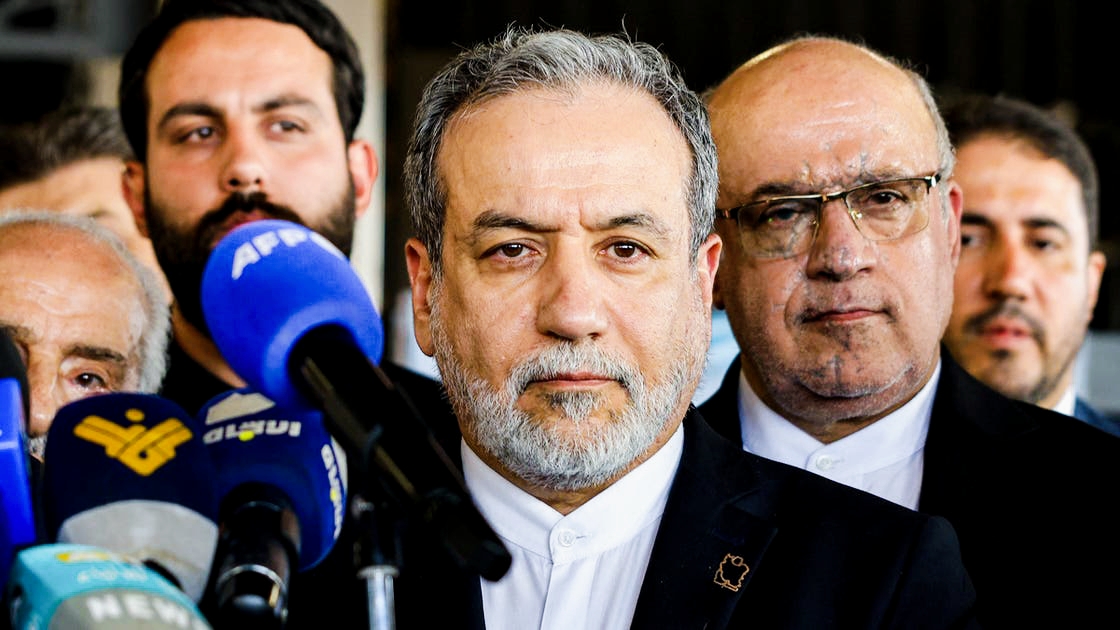Iranian Foreign Minister Abbas Araghchi accused Israeli Prime Minister Benjamin Netanyahu of trying to influence the course of nuclear negotiations between Tehran and Washington, describing his behavior as "arrogant."
Araghchi said in a tweet on the "X" platform last Sunday that Netanyahu "dreams of canceling more than 40 years of Iran's peaceful nuclear achievements," adding that the Israeli Prime Minister failed to achieve the goals of his recent military campaign against Iran.
These statements come at a time when Tehran revealed its willingness to resume talks with the United States, after they were halted following the recent military escalation.
Araghchi also emphasized during his meeting with a number of foreign diplomats in Tehran on Saturday that his country will not engage in any negotiations regarding its military capabilities, especially its ballistic capabilities, explaining that Iran will retain these capabilities "under all circumstances."
He also stressed that any potential agreement that does not include recognition of Iran's right to enrich uranium will not be acceptable to Tehran, warning that reactivating the "trigger mechanism" by reimposing international sanctions would effectively mean the end of the European role in the nuclear file.
It is worth noting that tensions escalated unprecedentedly on June 13th when Israel launched an aerial attack on Iranian sites, targeting nuclear and military facilities, resulting in the assassination of prominent military leaders and nuclear scientists.
Iran responded with a wide-scale attack using drones and missiles towards Israeli territories.
As the confrontation widened, the United States intervened on June 22nd and carried out strikes targeting Iranian nuclear facilities, including the underground Fordow site, and two facilities in Isfahan and Natanz.
Iran later retaliated by launching missiles at American bases in both Qatar and Iraq, but the attacks did not result in any human casualties.
On June 24th, US President Donald Trump announced a ceasefire between Iran and Israel, thus ending the 12-day war.
This military escalation led to a halt in talks between Tehran and Washington, which had started in April with the aim of reaching a new understanding regarding Iran's nuclear program and lifting the economic sanctions imposed on it.
However, the talks remain deadlocked on the issue of uranium enrichment, with Tehran insisting on its right to enrichment, while the Trump administration considers this non-negotiable.
According to reports from the International Atomic Energy Agency, Iran continues to enrich uranium up to 60%, a percentage that far exceeds the limit allowed under the 2015 agreement, which set the enrichment ceiling at 3.67%.
Manufacturing a nuclear weapon requires enrichment to 90%, which raises concerns among Western parties.

